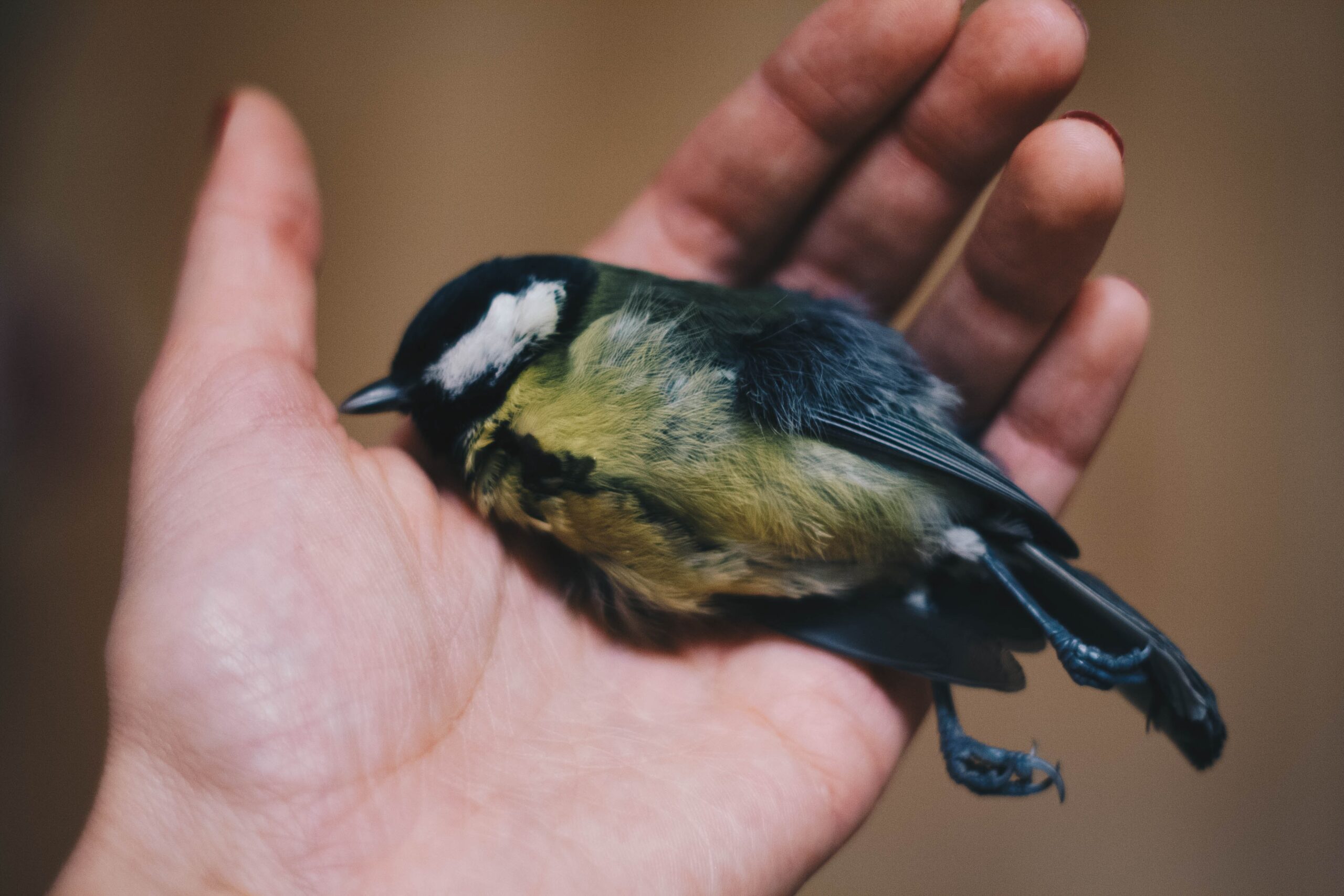Can you get West Nile virus from a dead bird?
Title: Can You Get West Nile Virus from a Dead Bird?
Introduction:West Nile virus is a mosquito-borne disease that has been making headlines since its emergence in the United States in 1999. Many people associate the virus with birds, as they are the primary hosts and carriers of the disease. When dead birds are found, it is natural to wonder if they pose a risk of transmitting West Nile virus to humans. In this blog, we’ll shed light on the topic and provide you with the necessary information to better understand the risks associated with dead birds and West Nile virus.
Understanding West Nile Virus:West Nile virus (WNV) belongs to the family Flaviviridae and is primarily transmitted to humans through the bites of infected mosquitoes, mainly those of the Culex species. Although the majority of people infected with WNV show no symptoms, some may develop mild-to-severe flu-like symptoms. In rare cases, severe complications such as encephalitis or meningitis can occur, which may lead to long-term health issues or, in severe cases, be fatal.
Birds and West Nile Virus:Birds play a crucial role in the transmission cycle of West Nile virus. When a mosquito feeds on an infected bird, it can become a carrier and transmit the virus to other birds or even humans through subsequent bites. Certain species of birds, such as crows, jays, and raptors, are more susceptible to the virus and often suffer illness or death.
Can You Get West Nile Virus from a Dead Bird?The short answer is no, you cannot get infected with West Nile virus directly from a dead bird. The virus itself cannot survive for long outside a living organism. Once a bird dies, the virus starts to degrade, making it less likely to pose a risk to humans.
However, it’s crucial to remember that dead birds can still serve as an indicator of West Nile virus activity in the area. If you come across a dead bird, it’s important to report it to your local health department or the appropriate authorities. These reports help in monitoring and tracking the spread of the virus within communities, allowing for targeted mosquito control efforts.
Reducing the Risk of West Nile Virus:While the transmission risk from a dead bird is minimal, it’s crucial to take steps to prevent mosquito bites and reduce the overall risk of West Nile virus infection. Here are some measures you can take:
1. Mosquito Prevention: Eliminate standing water around your home, as it serves as a breeding ground for mosquitoes. Use insect repellent when spending time outdoors, especially during peak mosquito activity hours.
2. Wear Protective Clothing: Wear long sleeves, long pants, and socks when mosquitoes are most active, typically at dawn and dusk.
3. Install Protective Measures: Use window and door screens to keep mosquitoes out of your home. Consider using mosquito nets over beds or outdoor seating areas.
4. Support Mosquito Control Efforts: Stay informed about local mosquito control programs and support community efforts to reduce mosquito populations.
Conclusion:While dead birds cannot directly transmit the West Nile virus to humans, they serve as important indicators of virus activity in an area. By reporting dead birds to the authorities, we contribute to monitoring and controlling the spread of West Nile virus. To protect ourselves from mosquito-borne diseases like West Nile virus, it is essential to adopt preventive measures and support community mosquito control initiatives. Stay informed, stay protected, and enjoy a mosquito-free summer!



